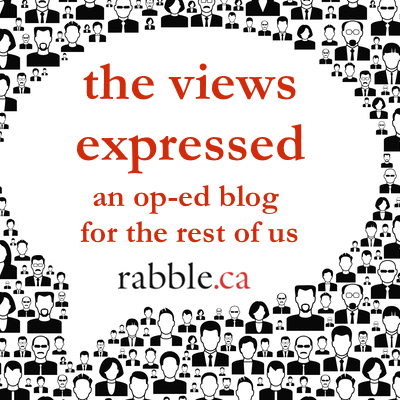Remembrance Day: November 11, 2014.
I have recently been thinking a lot about what this holiday actually means, due to recent conversation on Facebook and talk radio regarding the London Ontario Santa Clause Parade.
A person was claiming it is disrespectful to have the Santa Clause parade before Remembrance Day — and seven weeks before Christmas — because it makes it seem as though Christmas is more important than Remembrance Day. And, that Remembrance Day is actually a very important day to reflect on war, military and the veterans that we have lost and that it reflects current military ideology and is relevant to the context of war today.
However, some people claim that Remembrance Day appears to be acting as war propaganda:
“Each new generation is indoctrinated by glorifying militarism so as to mislead them to the conclusion that the Canadian Armed Forces are morally superior, while omitting the reality that it is in fact an occurring force here on stolen, Native lands and overseas in Afghanistan. …. It is an arm of the state to maintain the imperialist systems that it has been founded by, thus there is no real freedom in Canada from cultural, economic, political, or military forms of Western imperialism.”
These are the words of two Afghan women, who are peace activists from Toronto, responding to the false media portrayals of their peaceful activism at the Remembrance Day Ceremony in 2012.
They are reminded every year, for the past 11 years — now 13 years — how the Canadian forces have occupied Afghanistan. They are reminded how tens of thousands of Afghan civilians have lost their lives – including detainment, torture and murder of Afghans.
These women, as well as many other peace activists, do not support the NATO-led occupation in Afghanistan. These two women held a banner in remembrance, as well as other groups that were present promoting peace through non-violence. However, the police unexpectedly snatched their banner, and these women were subjected to racism and misrepresented by local media.
If Remembrance Day is about Freedom, they ask:
“What about our freedom of speech which was infringed on when an officer called our message ‘trash’ and ‘laughable’. We courageously endured a violent and racist crowd calling out: ‘go back to your country’, ‘kill more [Afghans]’ and ‘we don’t care about Afghans’. There is no real freedom or peace — it is a national myth — when cultural, economic, military and political imperialism is what maintains it.”
I think what is important to assess what Remembrance Day means to Canadians.
Are you really ‘honouring’ these soldiers if you are wear a poppy and have a moment of silence at 11:11? Does that make you a good citizen, regardless of your beliefs?
Maybe this is a day we should re-focus to highlight the importance of responsibility to one another.
Of course it is a very important day for recognizing fallen soldiers who sacrificed their lives, in their belief that it was for an important cause. But, what does it mean to be living now in this Canada?
Veterans of war are the most obvious example of individuals who suffer from post-traumatic stress disorder (PTSD). A very important reason to pay tribute to these soldiers/veterans.
But, how are they being taken care of now? Are they still suffering? What are we doing for them?
Also, what about the Indigenous people of Canada who are at high risk of mental health due to cultural PTSD ever since Canada was colonialized? Who have been victims of war from Canadian military forces and RCMP? Are they still suffering? How are we helping them? What is being done about it?
Today we are waking up to the fact that there is a severe mental health problem that is not being addressed. PTSD is probably the most common form of dealing with traumatic events, whether in the war or growing up in a privileged family. If needs are not met, PTSD can present as severe mental health problems later in life.
I was listening to the London Ontario radio talk show this morning — discussing how people try to deal with homelessness, but that we are now realizing it is a much bigger problem that there is not a lot we can do about it. Many homeless people are struggling with mental health issues, most of which likely stem from PTSD of traumatic life events.
Thus, I think by re-focusing Remembrance Day toward dealing with the humanitarian healing of soldiers, PTSD, mental health care, our country can begin addressing the broad ‘mental health epidemic’ — one step at a time.
And of course by addressing the opinions that Canadians have on current militarism. We need to re-focus the holiday so that it coincides with the mass-thought of humanity, rather than imperialistic interests. We need to realize our responsibility toward one another.
Maybe before Stephen Harper decides to devote many dollars to security and military forces…
Michelle Muller has a MSc in Neuroscience and has previously worked for Portland hotel Society in Vancouver’s Downtown Eastside. She currently resides in London, Ontario.



